‘We won't call’: why banks are afraid of call labelling
Russian banks ask the state to share the costs of protecting clients from fraudsters
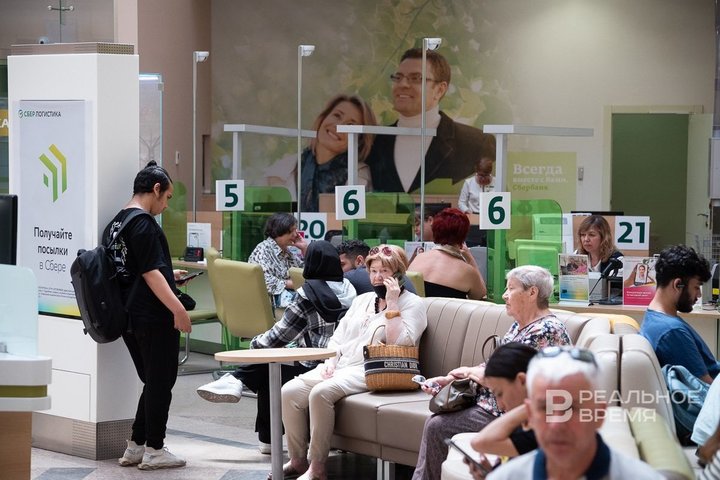
To protect citizens from telephone fraudsters, mandatory labelling of calls from banks, companies and individual entrepreneurs will be introduced from 1 September. However, the Russian banking community has criticized the approaches to implementing this initiative, believing that identification will lead to higher prices for financial services. But who should bear these costs? “When developing new rules, it is necessary to take a balanced approach to regulation and not create an additional burden on operators,” Beeline said. The incoming call pays, the banks agree and ask to provide a tax deduction for them.
Who will pay for call labelling?
Heated debates have flared up around the federal initiative on mandatory labelling of business calls — who will pay for it? Banks, mobile operators, the state or a multi-million army of clients? The National Council of the Financial Market (NCFM) has proposed a compromise option, preparing a review of the draft government resolution establishing rules for labelling calls from legal entities or individual entrepreneurs to mobile subscribers. Its essence boils down to the fact that shifting the fee for the call labelling service exclusively to banks is “incorrect.”
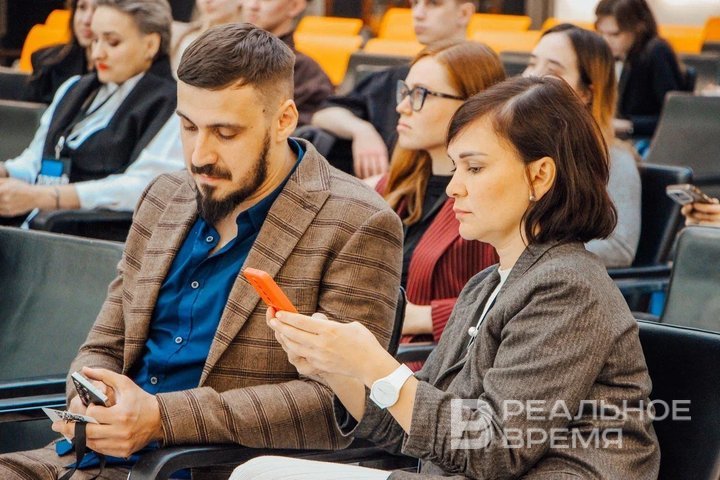
“The draft stipulates that the transfer of information from a legal entity to an operator occurs on a contractual basis — labelling in this case turns out to be paid for by the initiator of the call,” explained head of the NCFM Andrey Yemelin in a conversation with Izvestia. “In such a situation, the costs of implementing the new service will be shifted to businesses, which are often required by law to interact with clients. Especially many of these requirements apply to financial companies — banks, brokers, insurers, microfinance organizations. In general, this is a factor in the acceleration of prices for financial services.”
Banks are asking for cashback for call labelling
He did not provide specific figures for additional costs. According to mobile operators, the cost of the call identification service starts from 0.25 rubles per call (excluding VAT), although it varies among telecom operators and depends on the number of numbers and the volume of calls. However, the consequences of the implementation of this measure may be tangible for banks. At least, the head of the NCFM Andrei Yemelin proposed including these costs in the cost of services in order to issue a tax deduction (apparently, for income tax) or other forms of compensation for the costs of implementing mandatory call labelling.
To put it simply, the head of the NCFM asked the state to provide the notorious cashback in order to share with the state the costs of building an infrastructure for call labelling. “This will help prevent the financial burden from being shifted to businesses and consumers,” he is sure. There has been no reaction from the Russian Ministry of Finance to this idea yet.
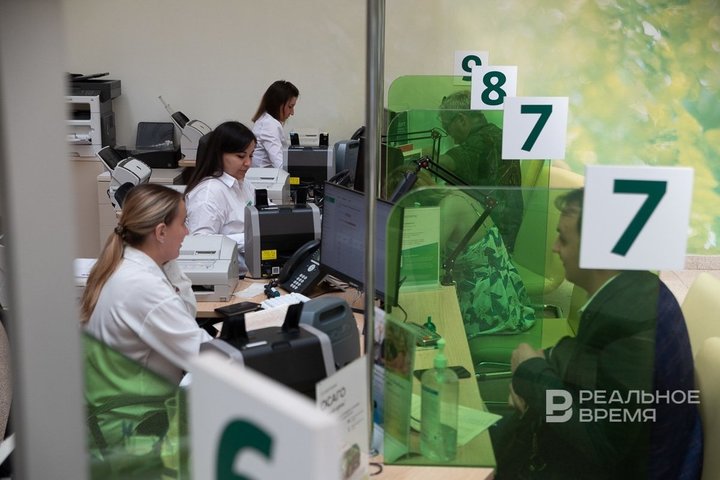
The federal law on call labelling was signed by Russian President Vladimir Putin on 1 April this year. The document introduces a new obligation for businesses to sign their name when making a call to a client, and transfer their data to the mobile operator through which the calls are made. When making a call, the subscriber's smartphone screen should display the name of the bank, store or restaurant. Thus, citizens will know who is calling and will stop answering suspicious calls, the authors of the initiative believe. Currently, mobile operators transmit “named” calls from businesses, but in test mode and for free.
From 1 September 2025, labelling will become mandatory for all legal entities and individual entrepreneurs. How the relationship between telecom operators and businesses will be regulated has become a stumbling block. According to the draft resolution of the Russian government, it is proposed that businesses, as the initiators of the call, pay for labelling. “Organizations or individual entrepreneurs will have to enter into an agreement with the telecom operator on displaying information on user equipment. In the agreement, a legal entity or individual entrepreneur must indicate its TIN, full and abbreviated name; certificate of registration of a trademark (if any); type of activity according to OKVED; a list of subscriber numbers from which telephone calls will be made; information on the category of such telephone calls,” the document says.
The initiator of the call will have to pay
This position suits telecom operators. Head of the Ministry of Digital Development of the Russian Federation Maksut Shadayev called this measure “a new good source of income.” In addition, the law on combating cyber fraud provides for the creation of a state anti-fraud system to protect Russians from telephone and Internet fraud, a ban on calls via messengers for government agencies and bank employees, and a self-prohibition on telephone spam calls.
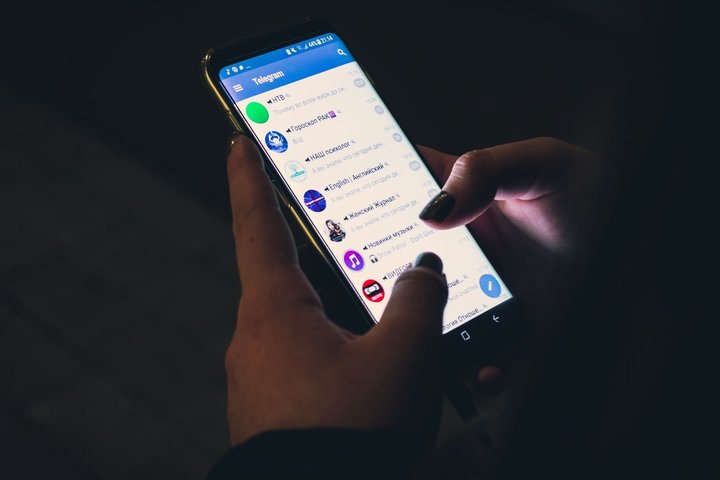
“Call labelling is a technologically complex and expensive process that requires significant investment in infrastructure and the development of appropriate solutions,” Beeline’s press service explained to Realnoe Vremya. “Implementing such a solution across the entire industry will require significant costs and resources to upgrade existing systems. We believe that when developing new rules, it is necessary to take a balanced approach to regulation in order to maintain a high level of service quality and not create an additional burden on operators.”
Beeline is confident that the costs of such labelling should be borne directly by the call initiator, represented by the legal entity subscriber, since it is he who makes the call and it is in his interests to convey reliable information about such a call, including in order to increase the contactability of the calls made.
Clients really do need protection. The cellular operator was one of the first in the country to implement the “Label” service, which allows companies to transmit information about themselves during a call: in addition to the phone number, the client sees the name of the company and, in some cases, the purpose of the call on their screen. Since October 2024, more than 500 million calls have been identified.
Any scheme is expensive for banks
Why did banks criticize the initiative? Will labelling really cause large expenses, which will lead to higher prices for financial services? “The position of the NCFM has been stated, the banks' logic is clear. They believe that expenses will increase and will be included in the cost of services. They mean that communication costs can be related to the costs of running the main business activity, and this affects profits,” the banking community unofficially explained.
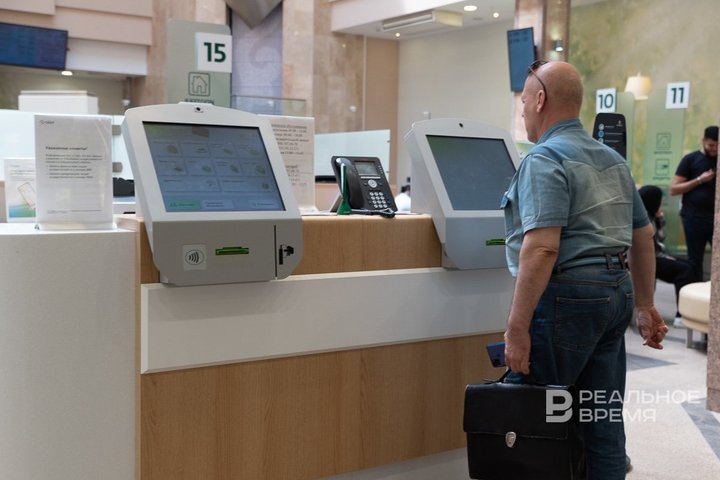
According to bankers, any scheme is expensive for banks, and fulfilling obligations to combat fraud is doubly so. “Any change in the procedure requires software revision. The more mandatory operations the banks' information system must perform, the greater the costs of implementing the database and queries. The system is under greater load.”
Why did it become necessary to label calls? The fact is that large businesses have long switched to virtual PBXs, which are used by fraudsters to hide their location. Therefore, it was decided that all calls made through virtual PBXs should be accompanied by a special designation. “Virtual PBXs are all digital communications, almost all corporate structures use virtual PBXs, since there is no need to expand the number capacity of wired communications and pull networks. A hundred virtual ones are hung on 20 numbers to distribute the load between support services, service and others. Corporations do not use analogue communications, so fraudsters use number substitution technology,” market participants explain.